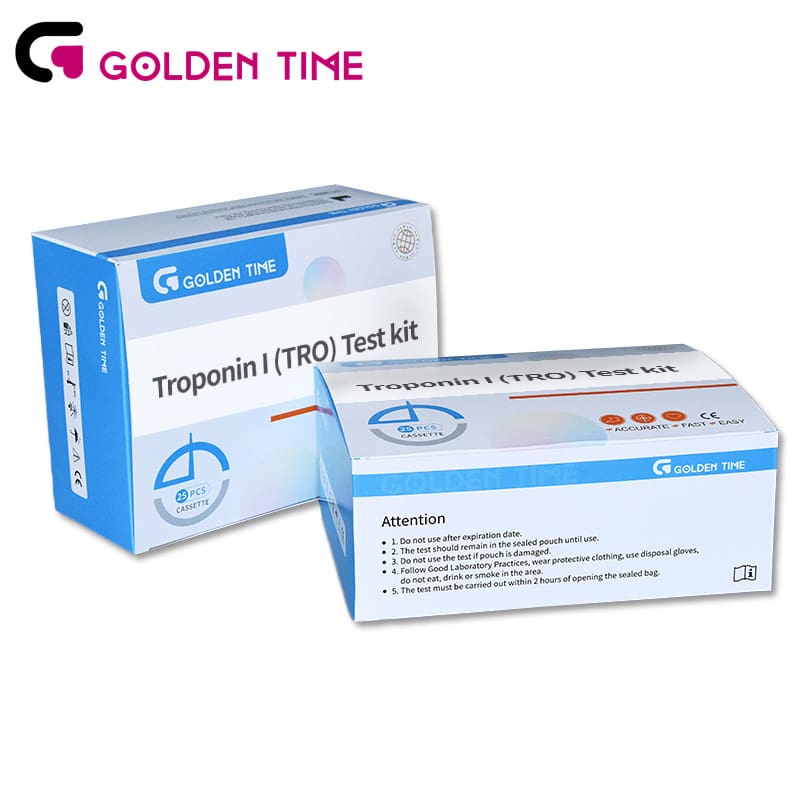ਦਸੰ. . 15, 2024 01:39 Back to list
wholesale hiv 1 hiv 2 antibodies test suppliers
Understanding Wholesale Suppliers of HIV Antibody Test Kits
The fight against HIV/AIDS has seen significant advancements in recent years, particularly in the realm of testing. Early and accurate detection of the virus is crucial for effective treatment and preventing further transmission. One of the cornerstones of diagnosing HIV is through antibody testing, which can determine the presence of HIV-1 and HIV-2 antibodies in a person’s blood. As the demand for these tests continues to grow, wholesale suppliers of HIV antibody test kits have become integral players in the healthcare supply chain.
The Importance of HIV Testing
HIV testing is a vital part of public health efforts aimed at controlling the spread of the virus. With millions of people living with HIV worldwide, many of whom are unaware of their status, regular testing can help in early detection and timely intervention. HIV-1 and HIV-2 are two different strains of the virus that cause AIDS, and tests that can differentiate between the two are particularly valuable for treatment protocols. Quick and accurate testing can lead to improved health outcomes and a reduction in transmission rates.
What to Look for in Wholesale Suppliers
When sourcing HIV antibody test kits, it's essential to partner with reliable wholesale suppliers. Several factors should be considered
1. Quality Assurance Ensure that the suppliers provide test kits that are approved by regulatory bodies such as the FDA or CE marked in Europe. This certification indicates that the tests meet safety and efficacy standards.
2. Product Range Look for suppliers that offer a wide range of testing options, including rapid tests, lab-based tests, and combination tests that detect both HIV antibodies and antigens. This flexibility can cater to various healthcare settings and patient needs.
3. Technical Support A good supplier should offer excellent customer service and technical support. Training for healthcare personnel on how to administer these tests and interpret the results can significantly improve testing accuracy and reliability.
wholesale hiv 1 hiv 2 antibodies test suppliers

4. Competitive Pricing As a wholesale buyer, price is always a consideration. Suppliers should offer competitive pricing models without compromising quality. Bulk purchase discounts can also be advantageous for large-scale health programs or clinics.
5. Consistent Supply The demand for HIV testing can fluctuate, especially during public health campaigns or outbreaks. Suppliers that can consistently meet purchase orders in a timely manner are critical to maintaining uninterrupted testing services.
6. Reputation and Reviews Researching potential suppliers' reputations through reviews, testimonials, and case studies can provide insights into their reliability and customer satisfaction levels. Established suppliers usually have a proven track record.
The Role of Technology
The advancements in technology have also revolutionized HIV testing, making it more accessible and effective. Many suppliers now provide rapid testing kits that can yield results in as little as 20 minutes. This speed facilitates immediate counseling and follow-up care for those who test positive. Additionally, technological innovations such as digital data management systems can help in tracking testing results and maintaining patient confidentiality.
Conclusion
The role of wholesale suppliers of HIV antibody test kits is indispensable in the global health landscape. They not only provide essential tools for diagnosis but also play a crucial part in the overall strategy to combat HIV/AIDS. By focusing on quality products, competitive pricing, and excellent support services, suppliers can ensure that healthcare providers are equipped to deliver timely and accurate testing.
As we move forward, it will be increasingly important to foster partnerships with reliable suppliers who are committed to enhancing public health initiatives. With ongoing advocacy, education, and access to testing, we can make significant strides in reducing the impact of HIV, ultimately working towards a world where no one is left behind in care and treatment. The collective effort of suppliers, healthcare providers, and communities will be key in achieving these goals and ensuring that everyone has access to the testing they need.
-
Dengue NS1 Rapid Diagnostic Test Kit
NewsMar.07,2025
-
Dengue NS1 Rapid Diagnostic Test Kit
NewsMar.07,2025
-
Dengue NS1 Rapid Diagnostic Test Kit
NewsMar.07,2025
-
Transferrin Rapid Test Cassette Tumor Marker TF Card
NewsMar.07,2025
-
Malaria Pf Pan Rapid Diagnostic Test Kit
NewsMar.07,2025
-
malaria pf / pan ag rapid test
NewsMar.07,2025

